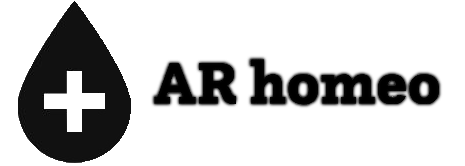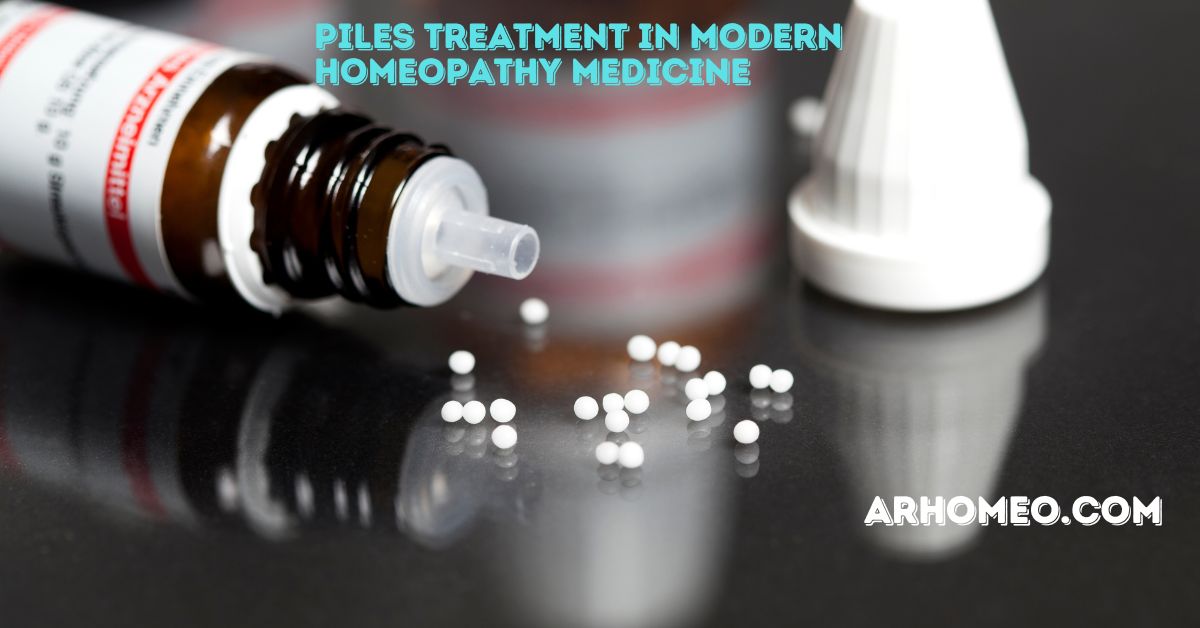Piles, also known as hemorrhoids, are swollen and inflamed veins in the rectum and anus that cause discomfort and bleeding. They are often caused by straining during bowel movements, chronic constipation, or prolonged sitting. Other factors include obesity, pregnancy, and a low-fiber diet. Symptoms can range from mild irritation to severe pain and bleeding, requiring various treatments from dietary changes to medical interventions. Regular exercise and proper hydration can help prevent piles.
How to Diagnose Piles:
Diagnosing piles involves a combination of physical examination and medical history assessment. A doctor may perform a visual inspection and a digital rectal exam to feel for abnormalities. Anoscopy, a procedure using a small tube with a light, can provide a clearer view of internal hemorrhoids. In some cases, a colonoscopy might be recommended to rule out other conditions. Symptoms like persistent pain, bleeding, or lumps around the anus warrant a thorough medical evaluation.
What are the Homeopathic medicines available for piles?
And how is Piles:Homeopathic remedies for piles include Aesculus hippocastanum for pain and itching, Hamamelis virginiana for bleeding, and Nux vomica for constipation-related piles. Aloe socotrina is used for swollen, protruding piles, while Ratanhia is beneficial for burning pain. Piles, or hemorrhoids, are swollen veins in the rectal area, causing discomfort, itching, and bleeding. They result from factors like straining during bowel movements, chronic constipation, and prolonged sitting.
Dr. Tathed’s Homeopathic Treatment:
Common Homeopathic Remedies for Piles and Fissures:Common homeopathic remedies for piles and fissures include Aesculus for throbbing pain and itching, Hamamelis for bleeding and soreness, and Nux vomica for constipation-related issues. Ratanhia is used for intense burning pain, while Paeonia helps with fissures causing sharp pain. These remedies focus on reducing discomfort, healing tissues, and addressing the underlying causes, promoting natural recovery and improved bowel health.
Complementary Lifestyle and Diet Tips:
Complementary lifestyle and diet tips for managing piles include increasing fiber intake through fruits, vegetables, and whole grains to ease bowel movements. Staying hydrated by drinking plenty of water aids digestion. Regular exercise helps prevent constipation and reduces pressure on rectal veins. Avoid prolonged sitting and take frequent breaks to move around. Practicing good bathroom habits, like not straining and responding promptly to bowel urges, can also help in preventing and managing piles.
What are the best ways to prevent piles?
Frequently asked questions about piles encompass a wide range of concerns. People often ask, “What are the primary causes of piles?” (straining during bowel movements, chronic constipation). Another common query is, “What are the best ways to prevent piles?” (high-fiber diet, proper hydration, regular exercise). Questions about treatment options also arise frequently: “What are effective treatments for piles?” (homeopathic remedies, over-the-counter creams, lifestyle changes). Many inquire, “When should I seek medical attention for piles?” (persistent pain, significant bleeding). Additionally, people want to know about dietary adjustments and pain management techniques to alleviate symptoms and promote long-term relief.
Is homeopathic treatment for piles and fissures scientifically proven:
The scientific validation of homeopathic treatment for piles and fissures remains a contentious issue. While some patients claim significant relief using remedies like Aesculus and Hamamelis, the broader medical community demands more rigorous, large-scale studies to substantiate these claims. Homeopathy, based on principles of individualized care and minimal doses, often contrasts with conventional medical approaches. Critics attribute the positive effects to placebo responses, while supporters cite numerous anecdotal successes. Given the mixed opinions, it is essential for patients to consult healthcare professionals to explore all available treatment options comprehensively.
Homeopathic Medicines for Specific Pain Conditions:
Homeopathic medicines offer targeted relief for various pain conditions. For joint pain, remedies like Rhus toxicodendron and Bryonia are commonly used. For nerve pain, Neuralgia, and sciatica, Hypericum perforatum and Cimicifuga racemosa are recommended. For muscle pain and stiffness, Arnica montana can be effective. Each remedy is selected based on specific symptoms and individual responses. While some find these treatments beneficial, it is crucial to consult with a healthcare provider to ensure they complement conventional therapies and address the underlying causes of pain.
Back Pain and Other Musculoskeletal Disorders ?
Back pain and musculoskeletal disorders can be debilitating, affecting daily life and overall well-being. These conditions often stem from poor posture, repetitive strain, or injury. Common issues include herniated discs, sciatica, and muscle strains. Treatment strategies range from physical therapy and medications to lifestyle adjustments and ergonomic improvements. Regular exercise, proper body mechanics, and a healthy diet play crucial roles in prevention and management. Consulting with healthcare professionals ensures a comprehensive approach to addressing both symptoms and underlying causes effectively.
Does homeopathy work?
The effectiveness of homeopathy is a topic of considerable debate. While some individuals report positive outcomes and symptom relief from homeopathic treatments, scientific studies often find limited evidence supporting their efficacy beyond a placebo effect. Homeopathy’s approach, which involves highly diluted substances tailored to individual symptoms, contrasts with conventional medicine. Proponents argue for its holistic benefits, while skeptics call for more rigorous research. It’s essential to consider both personal experiences and scientific evidence when evaluating homeopathy and consult healthcare professionals for a balanced treatment plan.
When is it used?
Homeopathy is used for a range of conditions, from acute issues like colds and flu to chronic ailments such as arthritis and allergies. It is often sought for its individualized approach, addressing symptoms and overall well-being. People may use homeopathy for conditions where conventional treatments have been ineffective or to complement traditional therapies. It’s also chosen for its gentle, natural remedies. However, it’s essential to consult with a healthcare professional to determine the best approach for your specific health needs.
What can be the Symptoms of Piles?
Symptoms of piles, or hemorrhoids, can vary widely. Common signs include itching, discomfort, and swelling around the anus. Patients may also experience bleeding during bowel movements, which can range from light spotting to more noticeable red streaks. In some cases, there may be a protruding lump or a feeling of fullness in the rectal area. These symptoms can cause significant discomfort and may be exacerbated by factors such as prolonged sitting or straining. Consulting a healthcare provider is essential for accurate diagnosis and effective treatment.
What exactly are piles?
Piles, also known as hemorrhoids, are swollen veins located in the rectal and anal regions. These inflamed veins can cause discomfort, itching, and bleeding. They are classified into internal piles, which occur inside the rectum, and external piles, which develop under the skin around the anus. The condition often results from increased pressure on these veins due to factors like straining during bowel movements, chronic constipation, or prolonged sitting. Piles can range from mild to severe and may require medical attention for effective relief.
Collinsonia – For Painful Bleeding Piles
Collinsonia is a homeopathic remedy commonly used for painful, bleeding piles. It is particularly effective for hemorrhoids that are swollen, inflamed, and prone to bleeding. This remedy is often recommended when piles cause sharp pain and a sensation of heaviness or fullness in the rectal area. Collinsonia may help alleviate discomfort and reduce bleeding by addressing the underlying inflammation and improving circulation in the affected veins. As with any treatment, consulting a healthcare professional is crucial for proper diagnosis and tailored care.
Capsicum – With Burning At The Anus As From Pepper
Capsicum is a homeopathic remedy used to address burning sensations at the anus, often described as feeling like the irritation from pepper. This remedy is particularly beneficial for individuals experiencing sharp, intense burning pain in the rectal area, which may accompany hemorrhoids or anal fissures. Capsicum can help soothe the inflamed tissues and reduce the discomfort associated with this type of burning sensation. It’s important to consult with a healthcare provider for an accurate diagnosis and appropriate treatment plan tailored to individual symptoms.
FEQ
What is modern homeopathy for piles?
Modern homeopathy for piles involves using highly diluted remedies tailored to individual symptoms. Common remedies include Aesculus for pain and Hamamelis for bleeding.
How does homeopathy differ from conventional treatments?
Homeopathy focuses on individualized treatment, aiming to address the root cause and overall well-being, whereas conventional treatments often focus on symptom relief and may involve medications or procedures.
Are homeopathic remedies effective for piles?
Effectiveness can vary. Some patients report significant relief, while scientific evidence supporting homeopathy is limited. Consult a healthcare professional to explore the best treatment options.
How are remedies chosen in homeopathy?
Remedies are selected based on detailed symptoms, individual health history, and overall constitution. Homeopaths conduct a thorough assessment to tailor the treatment.
Can homeopathy be used alongside conventional treatments?
Yes, homeopathy can complement conventional treatments, but it’s important to discuss this with your healthcare provider to ensure coordinated care and avoid interactions.concultion:
Modern homeopathy offers a personalized approach to managing piles, using remedies like Aesculus and Hamamelis to address specific symptoms such as pain and bleeding. While many individuals report positive outcomes, scientific validation remains limited, and results can vary. Homeopathy focuses on treating the whole person rather than just the symptoms, making it a complementary option alongside conventional treatments. For the most effective care, it’s essential to consult with a healthcare professional to determine the best treatment strategy tailored to individual needs and health conditions.

